- During the Great Resignation, many people quit lucrative careers in favor of more fulfilling work.
- Six people, including a former Goldman Sachs banker, told Insider about following their passions.
- Their new jobs include writing romance novels and teaching flying-trapeze lessons.
The pandemic has fueled the Great Resignation, in which many people have quit lucrative careers after realizing they want more from their work.
Insider spoke with six people who left jobs or school to pursue more fulfilling career paths.
Some left six-figure salaries to pursue lifelong passions. Others are still figuring out their next move. Some young people also opted out of going to college in favor of starting their own businesses.
Michael Lin quit 'the Big Tech dream'
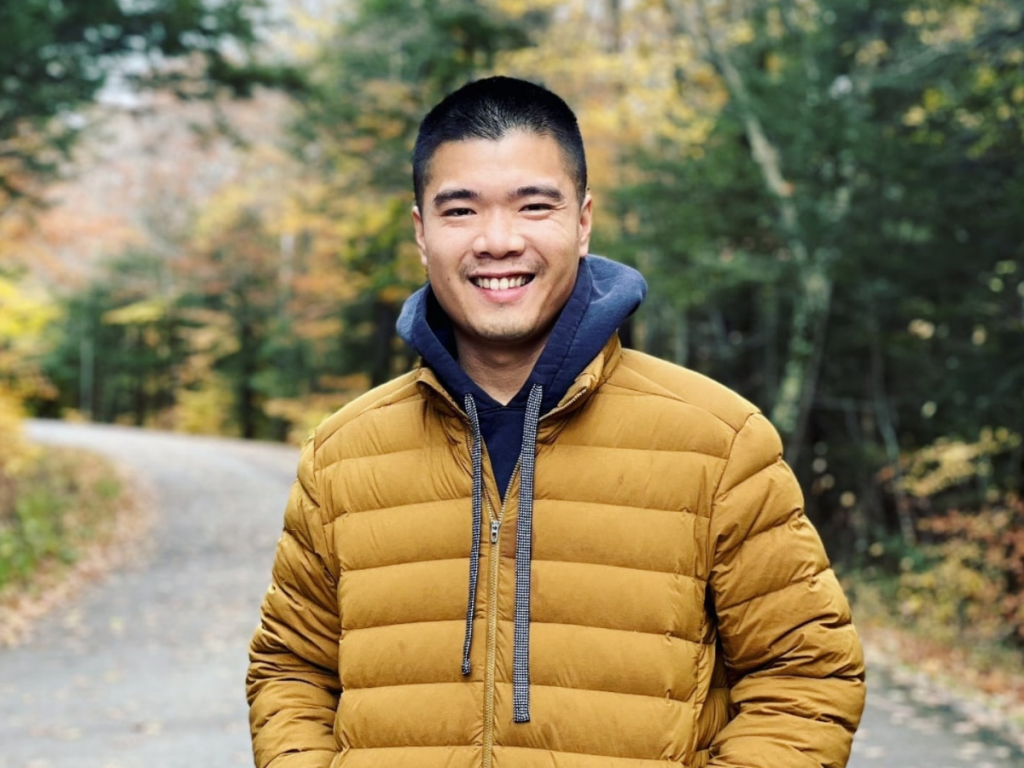
Michael Lin said he was living "the Big Tech dream" making $450,000 a year as a senior software engineer at Netflix.
But after more than four years, he said, the job was starting "to feel like copy and paste." And when the pandemic hit, Lin's favorite parts of the job — like socializing with coworkers and getting perks like free food daily — disappeared.
"The only thing left was the work itself, and I didn't enjoy the work anymore," he said.
He said he tried to move within the company and applied to nearly every product-manager role for two years but was not successful.
So in 2021 he quit, he said, despite objections from his parents, who felt he was throwing away their hard work, and his mentor, who recommended he first line up another job.
He negotiated a severance package, confident he wanted to pursue his own business, he said.
He said earlier this year that while he didn't yet have dependable streams of income, he was certain it was the right decision. "I now feel a deep calmness inside me, an unshakable belief that everything will be OK, even if any future success is not guaranteed right now," he said.
David Paasche went from consulting to the circus

David Paasche was nearing a six-figure salary at the management-consulting job he'd gotten straight out of college.
But then the pandemic hit, and his life, he said, "was wake up, work, and sleep." His hobby of flying trapeze also ground to a halt with circus gyms closed.
Paasche said that when they reopened, he realized the other people he saw there — "the people who had been in professional shows and part of big troupes" — seemed to him "like the people I wanted as professional role models."
"As I continued taking classes, there was this slow shift toward circus as a possible career," he added.
He took a three-month sabbatical to continue learning trapeze and was offered the opportunity to teach. Two months in, the owner of the rig offered him a position to stay on.
He said he initially relied on savings but then started earning $15 an hour, with the gym subsidizing his housing costs.
He said the career switch was worth the pay cut.
"It feels a lot more like participating in a community or family than it feels like a job that I switched into from a different job," he said. "It's a life I switched into from another life."
Meagan Turner left law to be a counselor
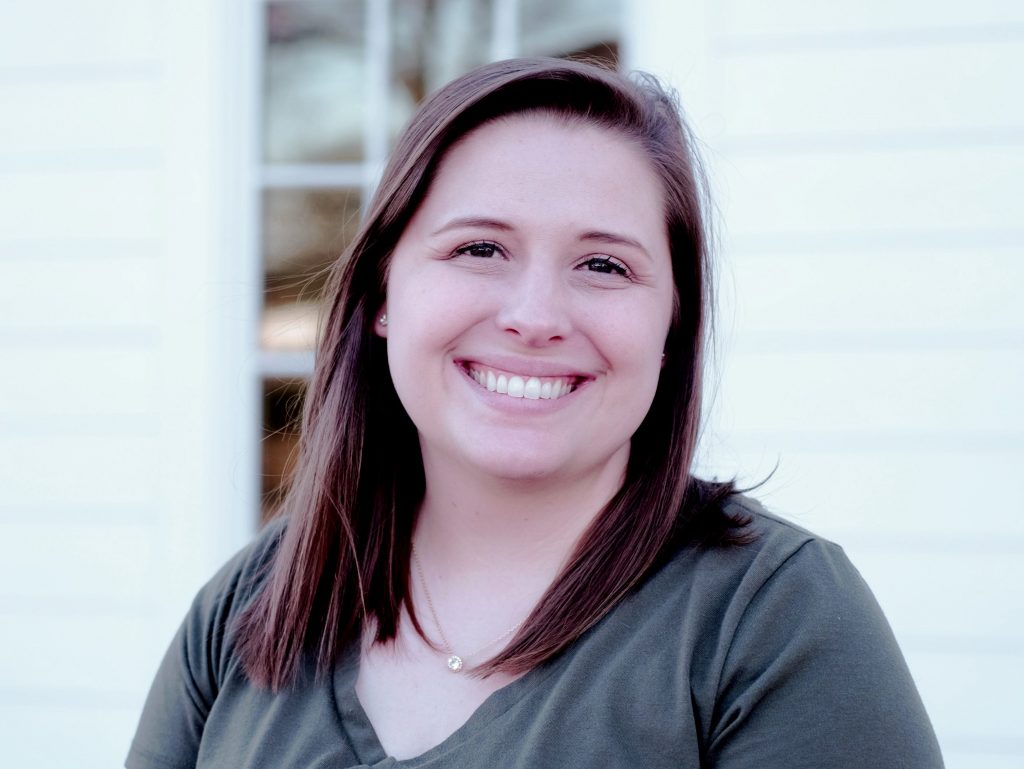
Meagan Turner wasn't sure what she wanted to do after graduating from college, so she began working as a paralegal. After about three years, she said, she realized she could become an attorney while doing half the work and getting paid much more.
But she said she disliked law school from day one.
"I have anxiety and would panic about being on the spot and the possibility of being wrong in front of 50 to 100 of my peers," she said.
She'd heard the first year of law school was the worst, and so after her first year she decided to take summer classes to see if things would get better. But she said they didn't.
"I talked to the dean and withdrew from all my classes but made sure that I could come back without reapplying within a year in case I realized I'd made a terrible mistake," Turner said.
After dropping out, she applied to get a master's in clinical mental-health counseling because she'd liked her social-work and psychology classes as an undergraduate.
She loved it, and she graduated from the program in 2021. Now she has her own counseling business.
"When I told family and friends that I'd dropped out of law school, a lot of them said that I was crazy," she said. "But the cost of doing something that you don't enjoy forever takes its own toll."
Aiesha Rana dropped out of college to grow her 6-figure business
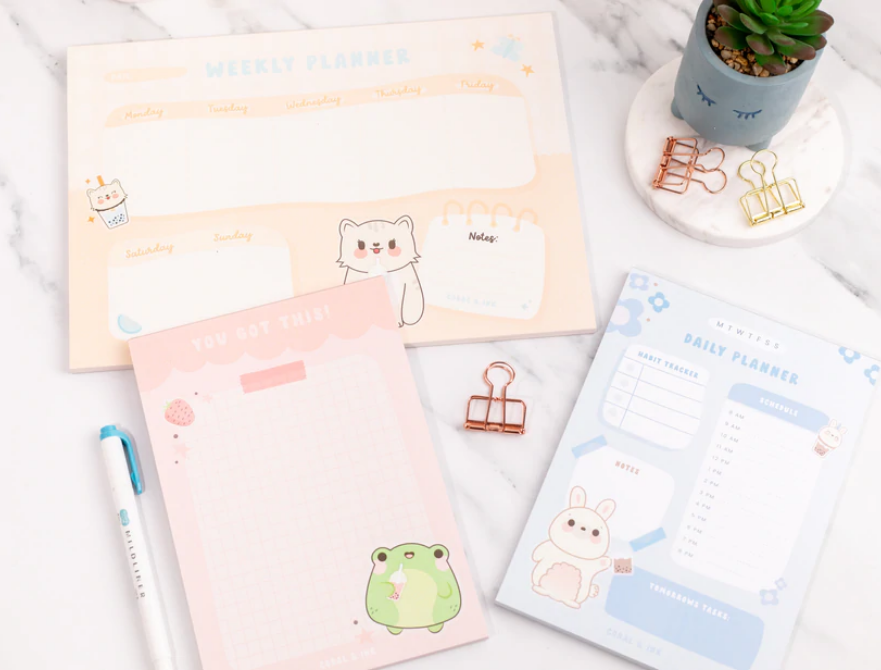
When Aiesha Rana didn't get into her first-choice university, she decided to take a year off. During lockdown in 2020, with not much to do, she downloaded TikTok.
She said she saw a lot of people setting up businesses and becoming successful on the app and thought she would try it for herself. Meanwhile, she retook an exam to get into the university she wanted to go to the next year.
During that year off, she said, she realized there was a gap in "kawaii" stationery in the UK and decided to turn her stationery obsession into a business.
She researched how to source products and invested £200 in inventory and packaging — money that came from her savings and from her parents.
Soon her business gained traction on TikTok. She ended up attending university, but for just one day. "I didn't like it and wanted to focus on growing my business, so I left," Rana said.
In 17 months she reached £100,000 in sales.
"I'm happy that I built a six-figure business on my own within two years and through organic growth on social media and SEO," Rana said.
Lindsay MacMillan left banking to write romance novels
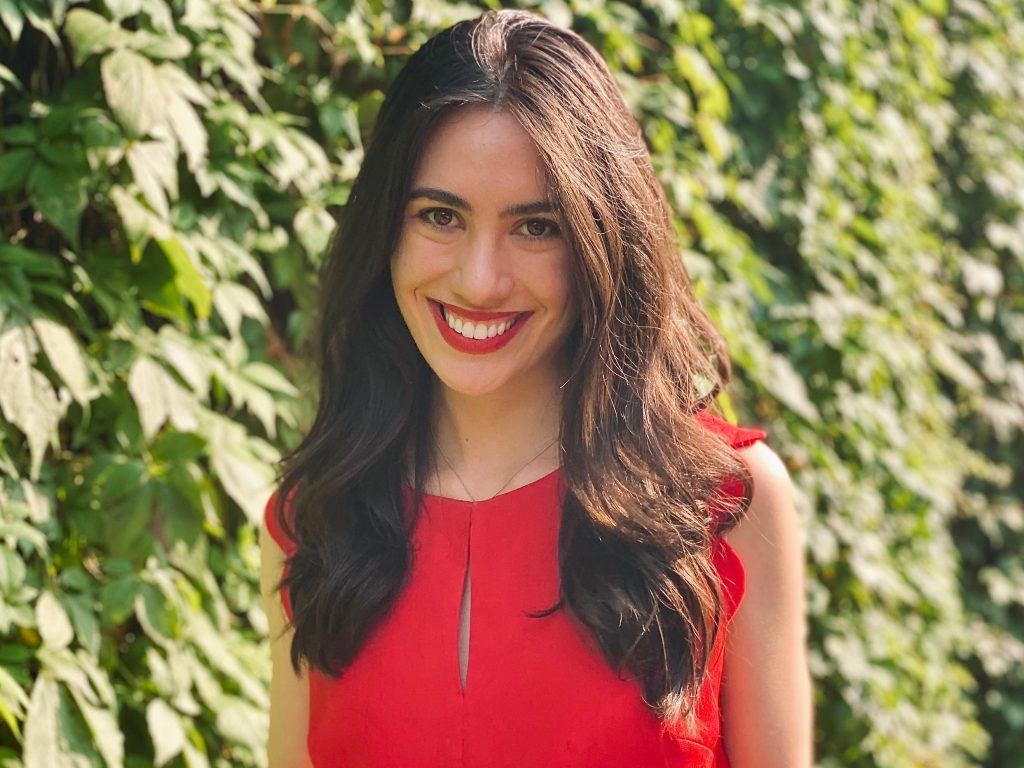
At 28, Lindsay MacMillan made vice president at Goldman Sachs.
She said her work-life balance — she worked about 50 hours a week — was good for Wall Street. She added that she found the role intellectually stimulating and had met many friends and mentors while living in New York and London.
"Running away from soul-crunching jobs has been well documented," MacMillan said. "But we're not as familiar with the narrative of running towards life-giving dreams."
MacMillan had loved writing since she was a child; she wrote a 450-page novel when she was 18. At Goldman Sachs, she kept writing books and unsuccessfully pitching literary agents.
At 26, she finished a fiction manuscript "about a young Wall Street woman figuring out life and love in her 20s," inspired by her own life, she said. She got a lot of offers and eventually signed with an agent.
For a while, she said, she juggled her romance writing with her banking job, careful not to reveal too much to her colleagues. But she said she soon she "knew in my soul it was time to take the leap and pursue writing full time."
Her debut novel came out in June.
Hannah Anh left school and quit a job to freelance
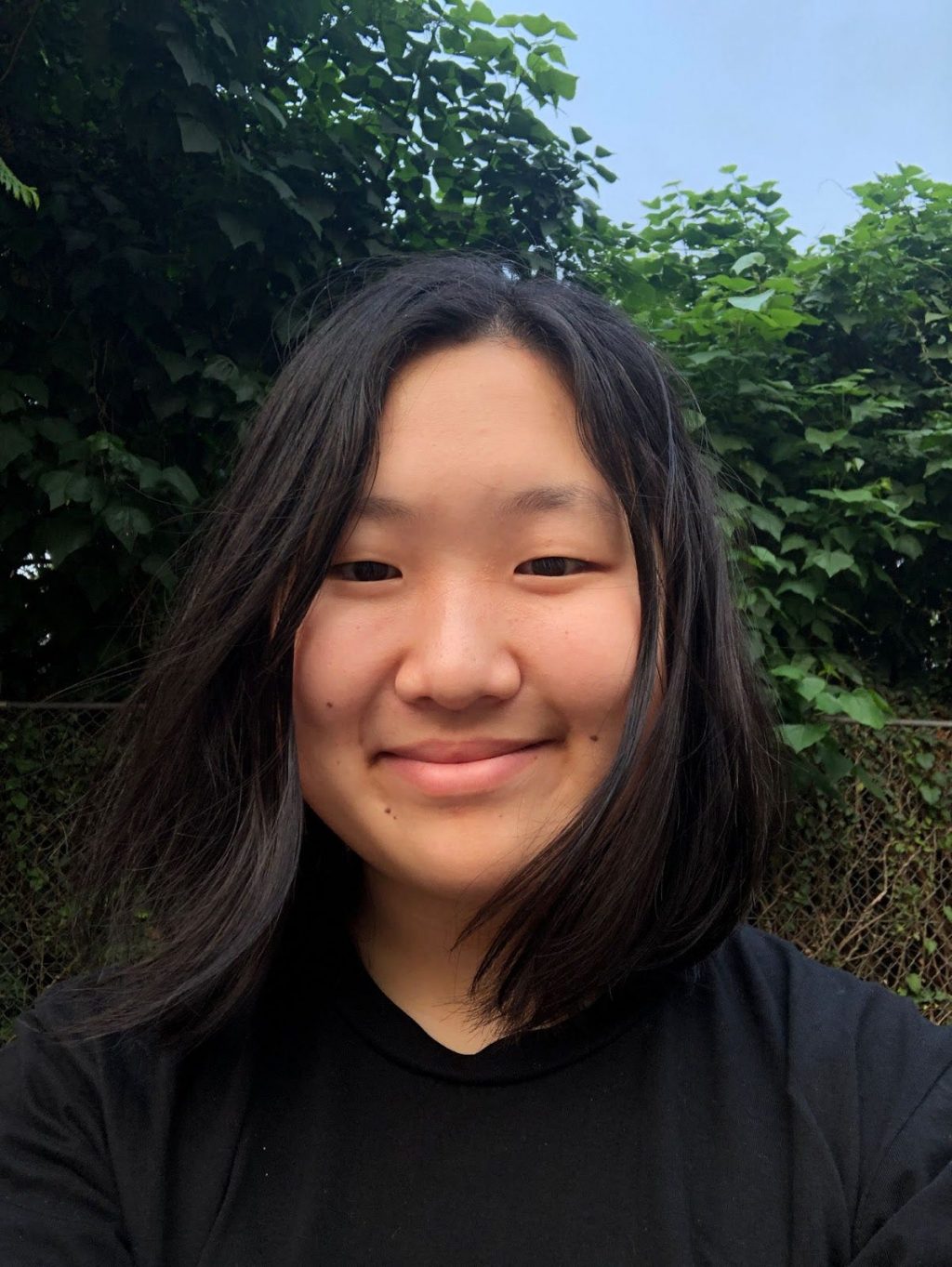
At 17, Hannah Anh scored a product-management internship at Canva, a graphic-design platform, through networking and personal connections.
At the end of the internship, Canva offered her a full-time position, but Anh deferred for a year. Her plan was to return and work part time while pursuing a degree in computer science.
But she said that once she began studying, she struggled to see the relevance of the coursework and had no time for her passion projects.
"I dropped out of university after only four weeks and never looked back," Anh said.
Canva hired her full time with a base salary of $95,000 and stock options that pushed her total compensation over six figures.
But despite perks like complimentary breakfast buffets and ping-pong tables, she felt stifled creatively, she said.
"After working for Canva, I wanted freedom and complete control over my schedule to work on projects aligned with my values," she said.
After ensuring she had enough savings, she quit, and she's been freelancing since March. She said her goal for this year is to make $200,000 through copywriting, design work, and other ventures. She's aiming to have annual revenue of $1 million in two years.
